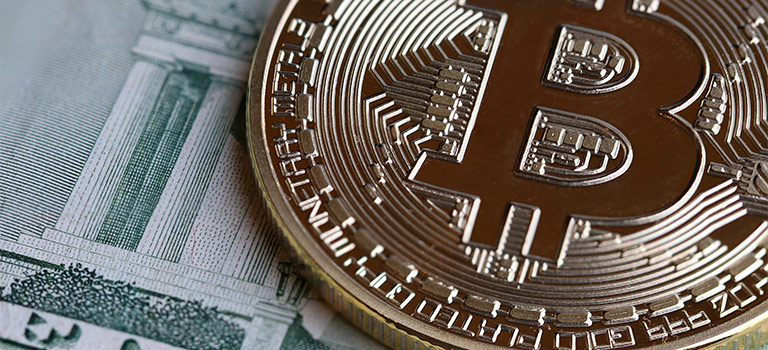PALO ALTO, Calif. (Reuters) - The Federal Reserve is taking a look at a broad series of problems around digital payments and currencies, including policy, design and legal factors to Visit this site consider around possibly releasing its own digital currency, Governor Lael Brainard said on Wednesday. Brainard's remarks recommend more openness to the possibility of a Fed-issued digital coin than in the past." By changing payments, digitalization has the potential to deliver higher worth and convenience at lower cost," Brainard said at a conference on payments at the Stanford Graduate School of Organization.
Reserve banks internationally are debating how to handle digital financing technology and the dispersed journal systems used by bitcoin, which promises near-instantaneous payment at possibly low cost. The Fed is developing its own round-the-clock real-time payments and settlement service and is currently evaluating 200 comment letters sent late last year about the suggested service's design and scope, Brainard stated.
Less than 2 years ago Brainard informed a conference in San Francisco that there is "no compelling demonstrated need" for such a coin. However that was before the scope of Facebook's digital currency aspirations were extensively understood. Fed authorities, consisting of Brainard, have actually raised concerns about consumer securities and information and personal privacy hazards that could be postured by a currency that could come into use by the 3rd of the world's population that have Facebook accounts.
" We are collaborating with other main banks as we advance our understanding of central bank digital currencies," she stated. With more countries checking out issuing their own digital currencies, Brainard stated, that contributes to "a set of reasons to likewise be making sure that we are that frontier of both research study and policy advancement." In the United States, Brainard stated, concerns that require study consist of whether a digital currency would make the payments system more secure or simpler, and whether it could pose monetary Click to find out more stability threats, consisting of the possibility of bank runs if cash can be turned "with a single swipe" into the reserve bank's digital currency.
To counter the Click for more info monetary damage from America's unprecedented national lockdown, the Federal Reserve has actually taken extraordinary actions, consisting of flooding the economy with dollars and investing directly in the economy. The majority of these relocations received grudging approval even from many Fed skeptics, as they saw this stimulus as required and something just the Fed might do.
My new CEI report, "Government-Run Payment Systems Are Hazardous at Any Speed: The Case Against Fedcoin and FedNow," information the risks of the Fed's present prepare for its FedNow real-time payment system, and propositions for central bank-issued cryptocurrency that have actually been dubbed Fedcoin or the "digital dollar." In my report, I discuss concerns about privacy, information security, currency adjustment, and crowding out private-sector competition and innovation.
Advocates of FedNow and Fedcoin state the government must develop a system for payments to deposit immediately, rather keeganzbqu681.lucialpiazzale.com/fedcoin-will-replace-the-paper-dollar-legacy-research-1 than encourage such systems in the economic sector by lifting regulative barriers. However as noted in the paper, the economic sector is offering a relatively endless supply of payment innovations and digital currencies to solve the problemto the extent it is a problemof the time space in between when a payment is sent and when it is received in a savings account.

And the examples of private-sector development in this area are many. The Cleaning House, a bank-held cooperative that has been routing interbank payments in numerous forms for more than 150 years, has actually been clearing real-time payments since 2017. By the end of 2018 it was covering 50 percent of the deposit base in the U.S.